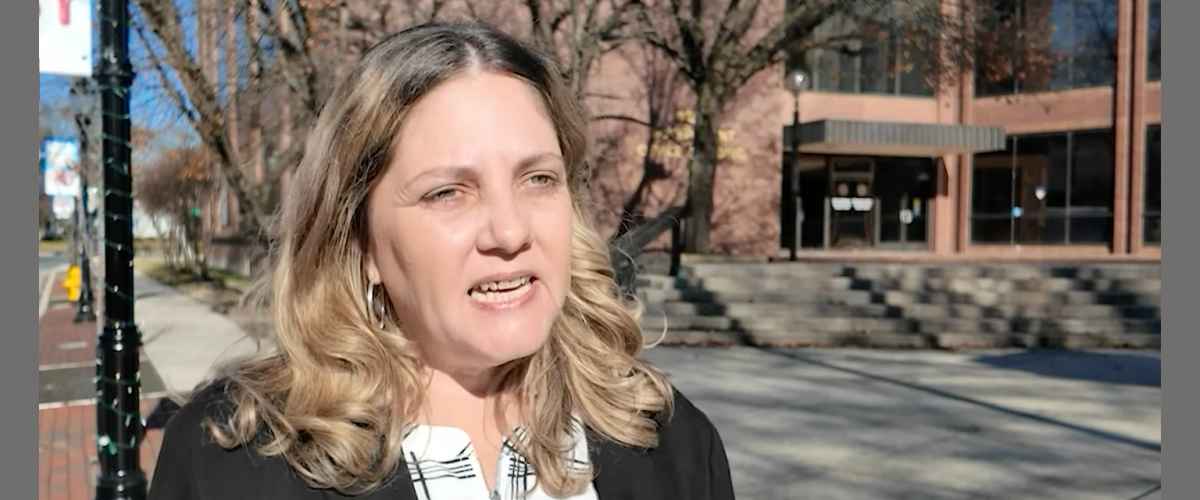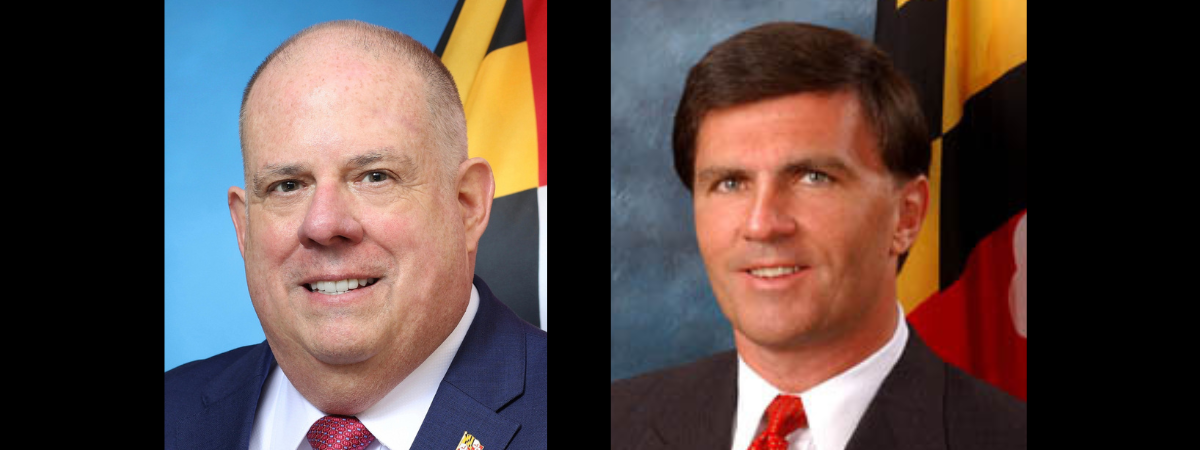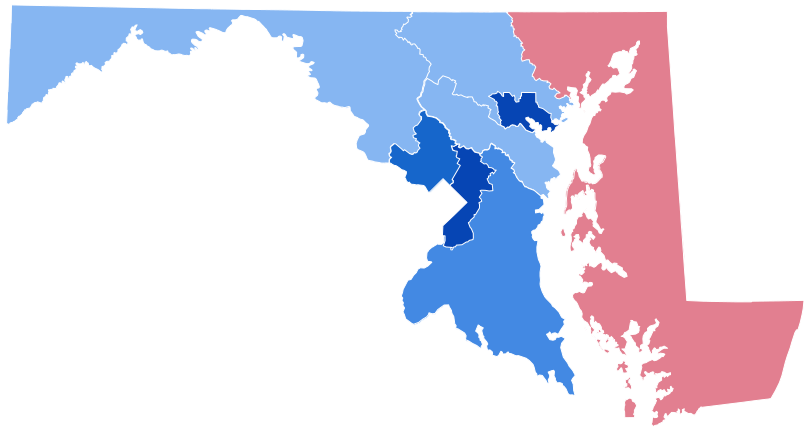General Assembly Wrapup 2024

The 2024 Maryland General Assembly adjourned April 8, having enacted several hundred bills during its 3-month session. This article will look at some of the more significant of those new laws.
Always at the top of the list in any legislative session is the state’s budget for the coming fiscal year, which begins June 1. Not surprisingly, this is a complex piece of legislation – the highlights summary provided by the state government runs to more than 200 pages. It allocates some $63 billion to a variety of state, county, and local agencies.
Governor Wes Moore said he followed three guidelines in constructing the budget. First was “a fiscally responsible approach” to increasing investments and making necessary cuts. Second, he said, the administration shifted money from programs that are underperforming to those with “a proven record of success.” And third, he focused on making public investments that will help the state’s economy grow over the long term.
Among the highlights are $9.1 billion for the state’s public schools, a 5.3% increase over 2024. Higher education and transportation also receive increases of about 5% over last year’s budget. The budget also includes increases in tobacco taxes and vehicle registration fees, to help avoid a projected deficit in the Blueprint for Maryland’s future, the state’s education reform bill. Personal income taxes will not be increased.
The collapse of the Francis Scott Key Bridge in Baltimore after a collision from a cargo ship was a major issue in the final days of the General Assembly session. The collapse threatened a long closure of the Baltimore harbor, a major element of the state’s economy. On the final night of the session, legislators approved a bill to provide grant assistance to workers and businesses affected by the collapse. The bill also provides scholarships for dependents of the six workers killed by the collapse, as well as construction workers killed in other state projects.
One of Moore’s priorities was to increase the availability and affordability of housing in the state. To that end, he supported three bills, all of which passed. One creates a state Office of Tenant and Landlord Affairs, which is charged with creating a bill of rights for tenants, to be included in all residential leases and rental agreements. It also limits the cost of security deposits to one month’s rent, and increases the cost to landlords of serving an eviction notice. The other two bills seek to make it easier for local jurisdictions to increase affordable housing, and to provide grants and loans to communities building or redeveloping housing in low-income areas.
Another bill authorizes Eastern Shore counties to increase the rental rate tax on hotels, motels, and B&B operators from 5% to 6% of the room rate, beginning July 1, 2024. Given the importance of tourism in many Shore counties, this increase could be a welcome addition to the revenues of those counties.
The state’s juvenile justice system was addressed in a bill increasing the number of offenses a child between the ages of 10 and 12 can be charged with, and the penalties to which the offender is liable. Offenses covered under the act include third-degree sex offenses, aggravated animal cruelty, stealing motor vehicles, and various firearms offenses[1]. The bill increases the length of probation to which juveniles can be sentenced to one year for misdemeanors and two years for felonies.
The Freedom to Read Act prohibits state-funded libraries from banning books based on the origin, background, or views of the author or other creator, or because of partisan or doctrinal disapproval of the contents.
Given that 2024 is a presidential election year, it should be no surprise that several bills focused on electoral matters. One prohibits threats of harm to an election official or their family members, punishable by up to three years in prison or a $2,500 fine. Two others address compensation for election judges, prohibiting their wages from being deducted from any unemployment benefits and requiring compensation and leave for county employees and public school students serving as judges. And still another new law requires social media platforms with more than one million monthly users to take “reasonable efforts to prevent, detect, and remove accounts and posts that communicate election disinformation in the State and report accounts or posts that communicate election disinformation [to] the State Board of Elections.”
A comprehensive list of measures enacted by the 2024 General Assembly can be found at the WYPR website.
Peter Heck is a Chestertown-based writer and editor, who spent 10 years at the Kent County News and three more with the Chestertown Spy. He is the author of 10 novels and co-author of four plays, a book reviewer for Asimov’s and Kirkus Reviews, and an incorrigible guitarist.
[1] Block changed font/
Common Sense for the Eastern Shore







